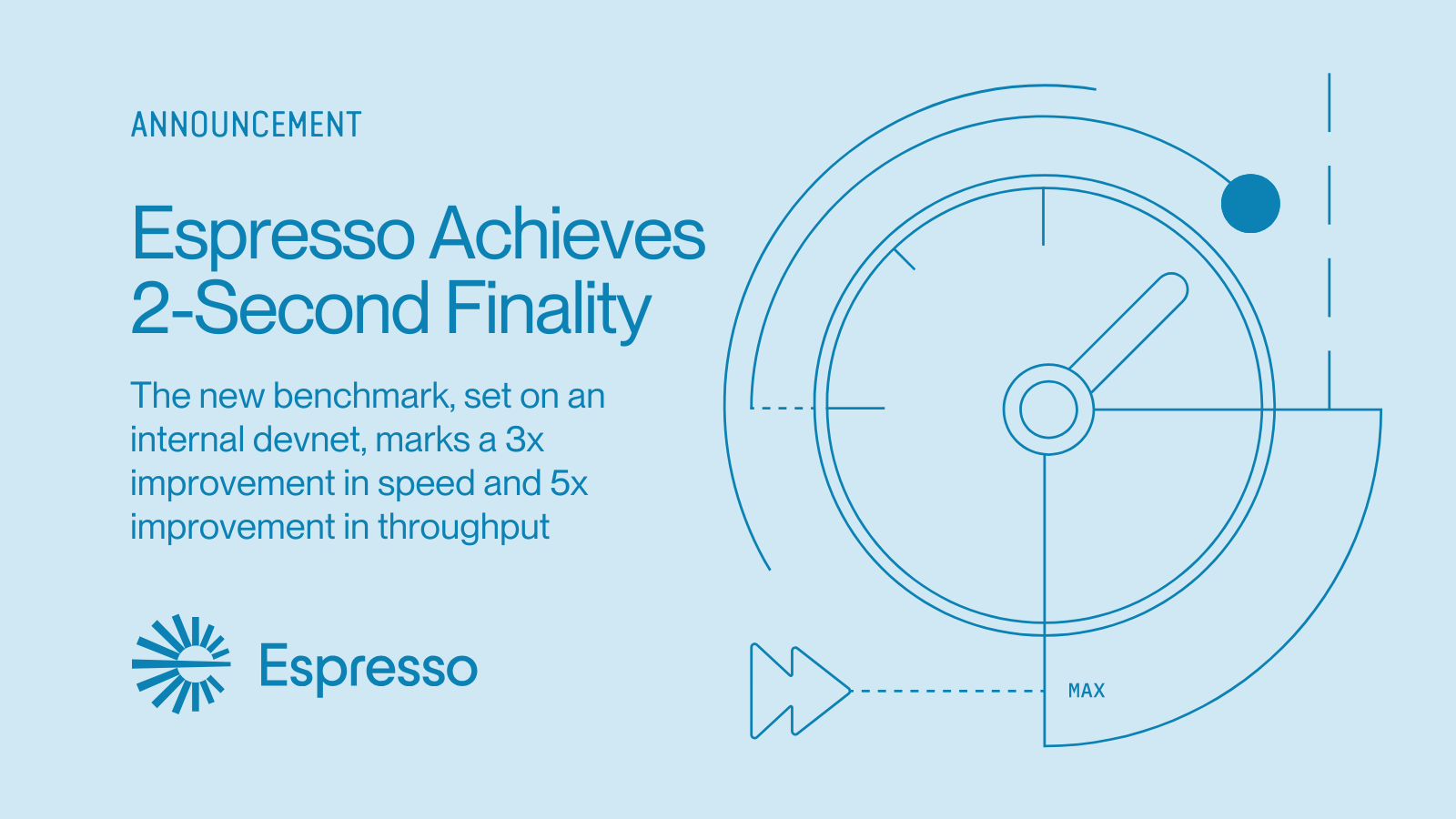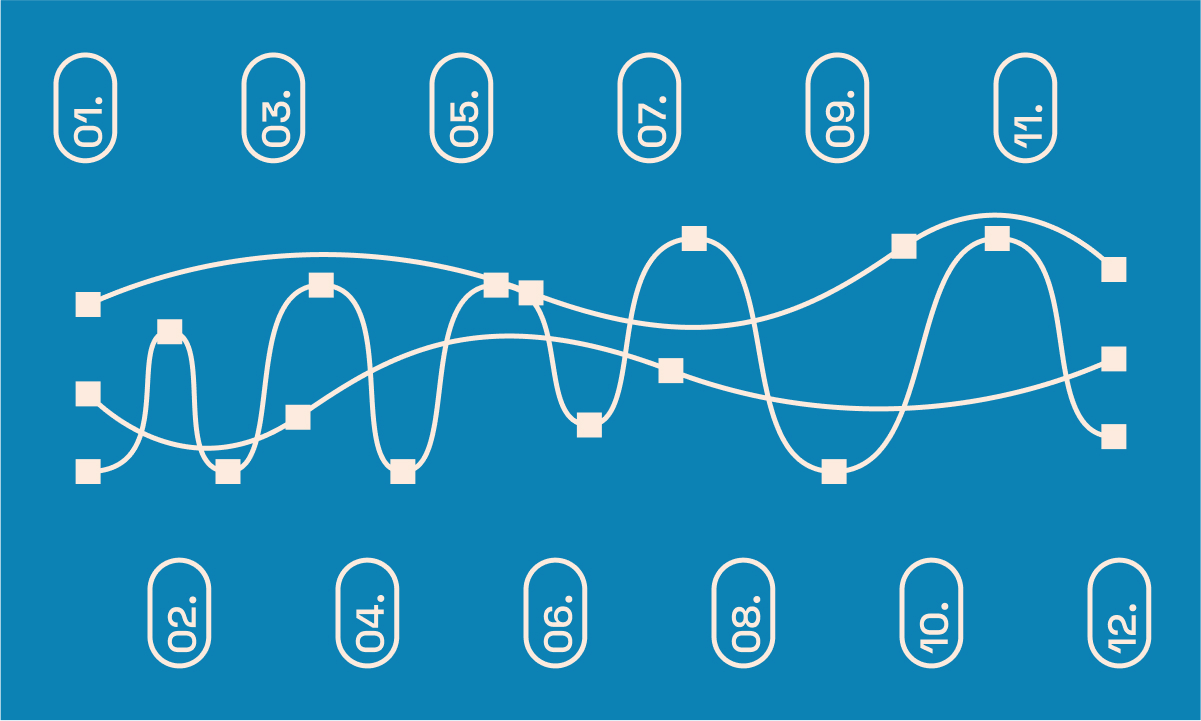The Base Layer for Rollups
What rollups have always
needed but never had
Rollups rely on infrastructure that wasn’t made with them in mind—slow settlement, siloed sequencers, and limited composability.
Espresso is purpose-built for rollups, not repurposed from legacy systems, so chains can focus on building user experiences that drive real adoption, not just compete for fragmented liquidity.
Speed & Security
The confidence of BFT consensus without sacrificing instant user experiences

Composability
Real-time confirmations across chains, enabling seamless interoperability and shared liquidity

Customizability
Espresso’s modular stack means you retain full flexibility as you design your chain for your users’ specific needs

Compatibility
Espresso works across tech stacks, transaction-ordering schemes, VMs, and is fully compatible with Ethereum (and eventually other settlement layers)



.png.png)






Espresso fuels how chains and apps work together securely, seamlessly, and at scale.
How Espresso works
How to work with Espresso

Building on Espresso
.webp)
Reading from Espresso
.webp)
Running Espresso

Espresso Community
Explore, engage, and grow with Espresso. From events to ecosystem updates—everything you need to stay in the loop and help shape what’s next.








.svg)
.svg)
%201.svg)

.jpg)







